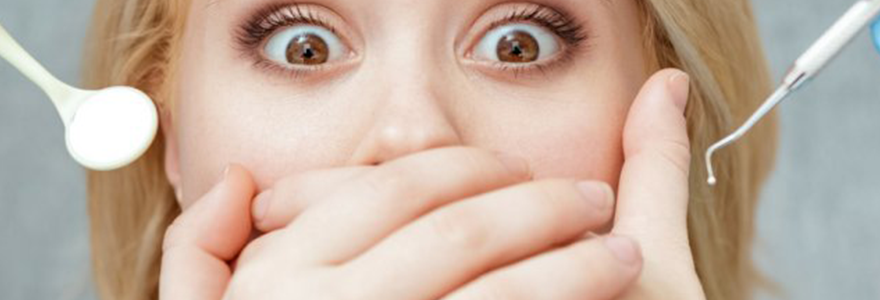The link between oral and mental health is hard to ignore. Data showed:
- almost two-thirds of people with depression reported having a toothache in the last year
- half of all people with depression rated their teeth condition as fair or poor
- strong link between periodontal (gum) disease and mood conditions like stress, distress, anxiety, depression and loneliness
The most obvious explanation for the link comes from the behavioral effects of stress, depression and anxiety. People with these conditions sometimes lose focus on oral health habits, which can lead to significant dental issues. Depression, for example, can cause people to brush and floss at irregular intervals, skip dentist visits, have unhealthy diets and self-medicate with smoking.
Learn More about the Link Between Oral Health and Mental Health
Increased Cortisol Levels Can Lead to Oral Health Issues
Biologically, depression and anxiety cause several factors that impact oral health. The stress they create manifests itself in the body as a hormone called cortisol. As cortisol levels increase, the immune system gets weaker. This can leave you vulnerable to mouth conditions like gum inflammation (gingivitis) and gum disease (periodontitis). In addition, medications prescribed for depression and anxiety can cause dry mouth. This lack of saliva can mean that food debris, plaque and bacteria aren’t getting rinsed from teeth easily, which can make it easier for cavities to form.
Anxiety, in particular, tends to be associated with several oral health issues. If you have anxiety, you’re more susceptible to:
- canker sores
- dry mouth
- teeth grinding (bruxism)
As with depression, these issues may be attributed to a lack of oral care or as side effects of anxiety medication.
Related Articles:
Adams Dental Group Can Ease Your Dental Anxiety
The mouth is a great window to the rest of your body, so when you visit us at Adams Dental, we can take a peek into your overall health during your regular dental cleanings and exams. This could save you money, time, and health down the road. When your dentist can catch a problem early, there’s a much better chance of figuring out what’s going on and treating it early, with a higher success rate. Oftentimes, dentists can detect warning signs before we experience any symptoms. Actually, oral health is an easy way to boost your immune system, learn more HERE.
Luckily, when depression or anxiety takes a toll on oral health, there are ways to fight back. The simplest step you can take to maintain your oral health is to brush twice a day, floss daily and schedule regular dental appointments with Dr. Roberts and his team at Adams Dental Group. Keeping up these basic oral health habits can go a long way to keeping your mouth in tip-top shape.



